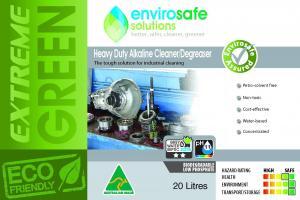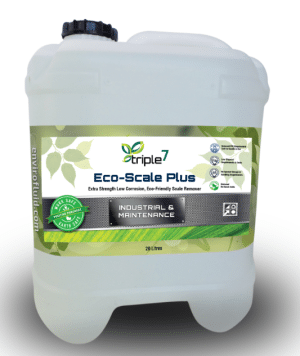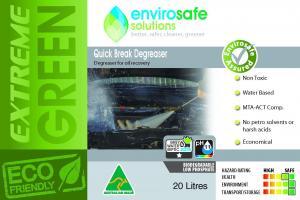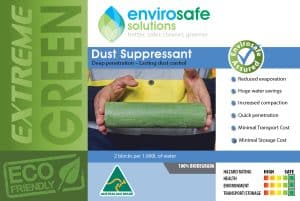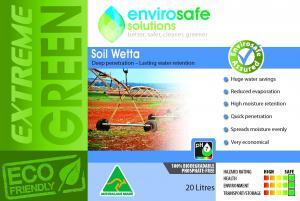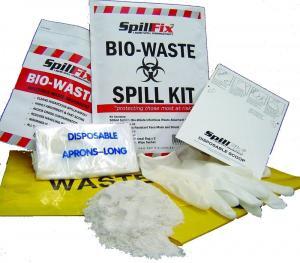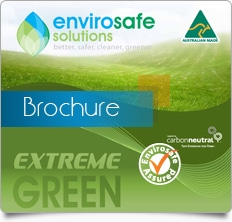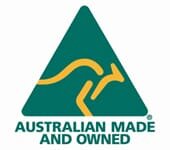Fuel price hikes have plagued operators within the transport industry, which has also come under increasing scrutiny over carbon emissions. Tackling these two issues has been the impetus for an innovative pilot program between the Victorian EPA and Victorian Transport Association dubbed EcoStation. By reducing fuel consumption the program aims to help the industry join the green revolution while meeting Australia’s freight demands, tipped to double by 2020.

Saving on fuel costs and saving the environment has been the driving force behind a Victorian transport initiative.
EcoStation was established by the Victorian Transport Association and the State’s EPA and boasts the participation of transport heavyweights, including Woolworths, Coles, Holden, Toyota, Schweppes and National Foods. The 2009 pilot program was modelled on the US EPA SmartWay programs and aims to set a national benchmark for Australia’s freight industry.
Under the program participating companies measure fuel consumption and emissions, employ fuel reduction strategies and report the results to EcoStation. The program offers fuel reduction innovations.
Freight Emissions in Australia
Figures supplied by EcoStation show Australian roads are home to about 2.9 million trucks, ranging from light commercial vehicles to heavy articulated vehicles. This accounts for about 35.5 billion litres of fuel and about 96 million tonnes greenhouse gas emissions into the atmosphere.
The core premise behind the EcoStation program is that small changes can significantly reduce the industry’s total emissions. Its approach to reducing emissions includes:
- Driver training and education programs;
- Switching to alternative drivetrains and more sustainable fuel types such as compressed natural gas (CNG), LPG or biofuels;
- Improving vehicle aerodynamics to reduce drag and the loss of energy.
Participants have reported significant cost and environmental savings by implementing changes. These include an 18% reduction in greenhouse gas emissions and a 22% fuel saving by Gosford Council following a decision to invest in CNG trucks. Similar savings have been achieved by other participating companies, according to the EcoStation website.
Eco-credentials key to freight future
The EcoStation program reflects a commitment by transport operators to reduce the industry’s environmental impacts.
Technologies and practices which cut emissions are being embraced by participating large retailers, transport operators, car manufacturers and government organisations. The success of the pilot program highlights just how important small measures can be in driving big change.
Perth-based environmental cleaning products company Envirosafe Solution has been at the forefront of the green revolution. It employs sustainable workplace practices and has been proudly supplying business including freight operators with sustainable eco-friendly industrial liquid products. Envirosafe Solutions Australian-made products are all biodegradable, harness the power of natural agents and do not contain harmful phosphates.
Its Extreme Green range includes Insect and Tar Remover, a safe, powerful and cost-effective solution to washing vehicles while its revolutionary Diesel Bug Killer eliminates fuel slime, saving money while reducing maintenance issues and emissions.
Envirosafe Solutions director Murray Simon said environmental challenges facing the transport industry were significant and welcomed the introduction of the EcoStation program.
“There’s no side-stepping the fact that motorised vehicles and machines are crucial to the industry but sustainable environmental practice such as the use of eco-friendly industrial liquid products can significantly help reduce environmental risks.”
For more information on Envirosafe Solutions environmental cleaning product range phone 1300 88 90 70 or email info@evss.com.au.
Sources :
http://www.ecostation.com.au/AboutEcoStation/
http://primemovermag.com.au/featured/article/the-greening-of-australian-trucking









